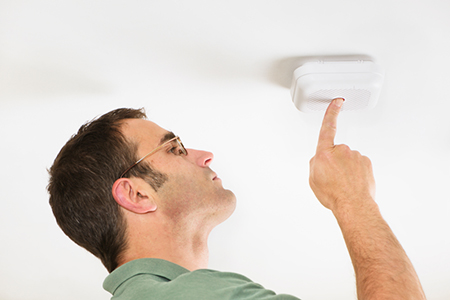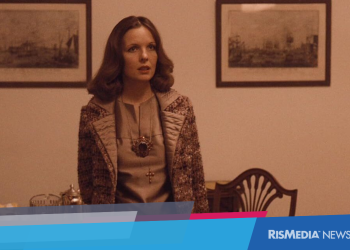 One of your responsibilities as a landlord is to take care of maintenance and repair issues in your rental. Regular maintenance can help you catch small problems before they turn into big expansive problems and will in the long run save you lots of money, time and reduce the number of tenant complaints!
One of your responsibilities as a landlord is to take care of maintenance and repair issues in your rental. Regular maintenance can help you catch small problems before they turn into big expansive problems and will in the long run save you lots of money, time and reduce the number of tenant complaints!
Here are some maintenance tips that can save you money:
1. Test all smoke and carbon monoxide detectors regularly.
Set a regular schedule to test all detectors. Also be aware that the average lifespan of a carbon monoxide detector is five years, and of most smoke alarms 10 years. Replace according to manufacturer recommendations. These devices save lives and can help minimizing damage by alerting people when there is a fire! Be aware that if these devices are not in working order, you can face legal action.
2. Have a thorough electrical inspection done by a qualified technician at least once every 10 years.
This inspection will reveal any problems with unsafe wiring and circuits that could cause an electrical fire. In addition, if your rental unit comes with appliances, make sure that these are in good working order before new tenants move into the property.
3. Check for water damage and leaks.
Check for leaks and soft spots after heavy rain storms. Also look for signs of water around windows, showers, and toilets and check under sinks, boilers, and water heaters. Identifying water leaks early can prevent major damage to walls, ceilings, and a tenant’s possessions. It also prevents dangerous mold!
4. Inspect shower caulking and grout between tiles.
Wear and tear on bathroom and kitchen surfaces can result in mold and even cracking of tiles. Prevent any moisture or mold from getting below the surface by making sure the areas around tiles, tubs and sinks are sealed.
5. Inspect and treat for pests on a regular basis.
Even if you do not currently have a pest problem, you should exterminate on a regular basis to prevent such problems from occurring. Tenants hate seeing bugs in their home and keeping up with pest control will prevent a larger pest problem later on. In addition, regular termite inspections should be performed as well. Pest control is usually best left to a professional.
6. Inspect heating and air conditioning systems regularly and replace air filters more often.
Heating or air-conditioning systems should be inspected at least once a year. This will help to ensure that such systems are able to run safely, as well as efficiently. Filters should be replaced regularly at least a couple of times a year. A simple $15 filter for a furnace or air conditioner can potentially save a landlord thousands of dollars in repairs. Dirty filters can increase your utility bill by causing the system to work harder or can lead to malfunctions in the systems. Replacing the filter will help prevent the air duct from becoming contaminated. If clogged, the ducts will need to be professionally cleaned, and that is an expense you do not want to incur.
7. Paint your property before damage occurs.
Painting inside and out does not only make your property look better but it can actually help to prevent water damage, mold and rot. If you have noticed that the paint on your property has started to peel, paint immediately!
8. Flush your water heater.
Once or twice a year, you should drain and flush your property’s water heater. This needs to be done to remove the sediment that can build up in your unit, which can reduce the efficiency of your water heater and clog the drain valve. Replacing a water heater is expensive!
By spending a little time and money now to perform property maintenance, you can save yourself a lot of time and money in the future. Another way to save money in the long run as a landlord is to perform a comprehensive tenant background screening on every prospective tenant.
For more Information, please visit http://www.houserie.com, follow and like us on Facebook or visit our Landlord Blogs.










